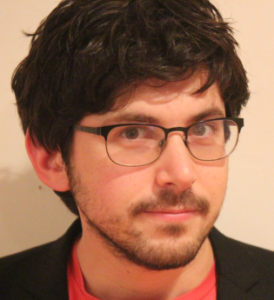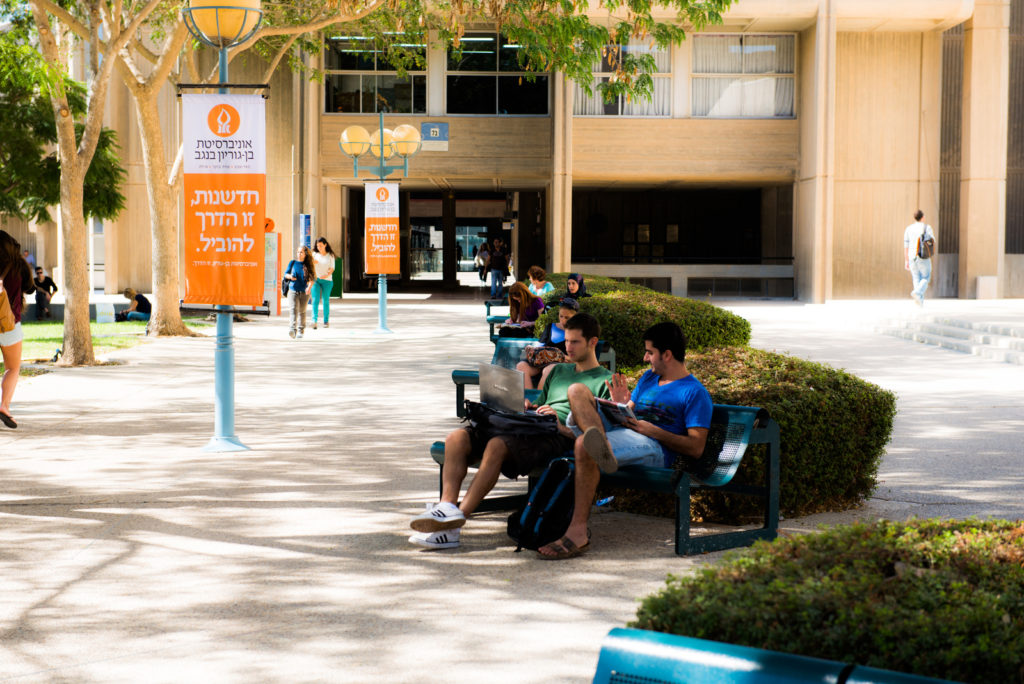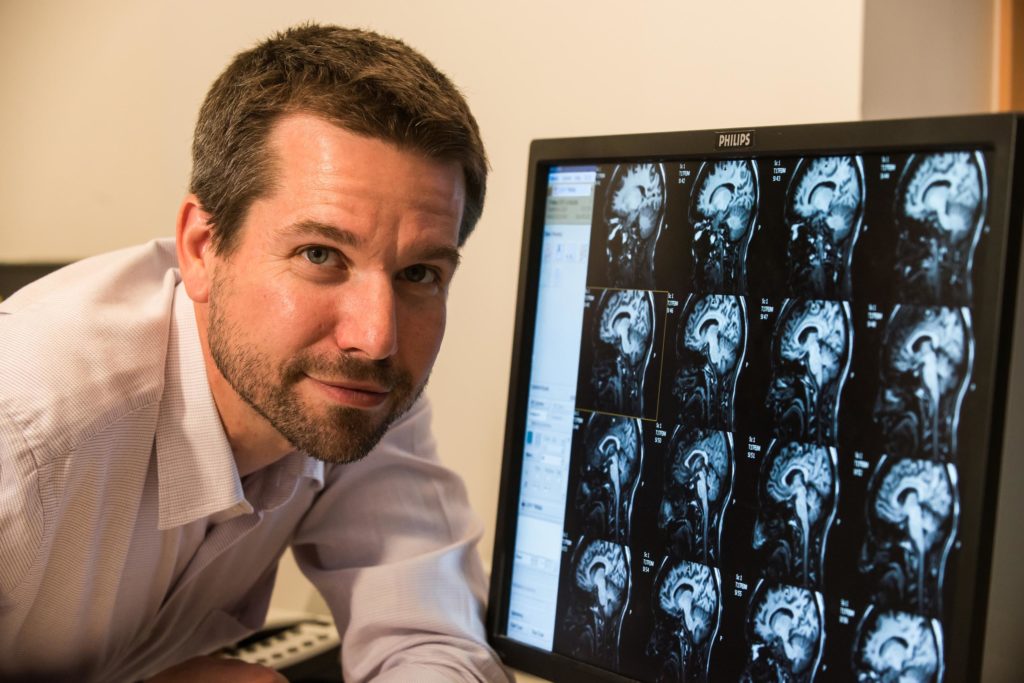
The Science Behind Walking in Someone Else’s Shoes
The Science Behind Walking in Someone Else’s Shoes
September 19, 2016
Press Releases, Social Sciences & Humanities
The brain mimics the presumed emotional response of others whenever we try to understand their feelings, thereby leading to actually experiencing those feelings, according to a new study published in PNAS (Proceedings of the National Academy of Sciences of the United States of America) by researchers from Israel’s Ben-Gurion University of the Negev (BGU) and Columbia University in New York.
“In the current study, we asked whether and how taking the perspective of other people can modify our own emotional responses to stimuli,” says Dr. Michael Gilead, a lecturer in the BGU Department of Psychology and a post-doc fellow under co-author Prof. Kevin Ochsner of the Department of Psychology at Columbia University.
“For example, by thinking of how someone more brave than ourselves would respond to a situation, we might downregulate negative emotions, decrease aggression and calm frazzled nerves. Alternatively, by thinking of how someone more sensitive and anxious would respond to the situation, we might enhance vigilance and increase reactivity to threatening situations.”
Using data from functional magnetic resonance imaging (fMRI), the researchers looked at neural activity in the amygdala — a brain region that plays a crucial role in generating negative affective experience. They saw that it was less active when simulating the emotions of the tough individual and more active when simulating the negative emotions of the sensitive individual. The researchers also looked at a recently discovered pattern of whole-brain neural activity that accurately gauges participants’ current affective experience. They observed that they indeed “felt worse vs. better” when taking the perspective of the more sensitive individuals.
“An important implication of the current findings is the suggestion that perspective-taking could have emotion regulatory benefits,” Dr. Gilead says. “The research suggests that the attempt to ‘walk in the shoes’ of an emotionally resilient individual may cause people to feel less unpleasant in the face of adversity. Accordingly, it may be possible to harness the type of emotional perspective-taking studied here as an emotion regulation strategy, aimed at helping individuals cope with emotional distress.”
The research was supported by National Institute on Aging Grant AG043463, National Institute of Child Health and Human Development Grant HD069178 and a National Institute of Mental Health Grant MH090964.
ABOUT AMERICANS FOR BEN-GURION UNIVERSITY
By supporting a world-class academic institution that not only nurtures the Negev, but also shares its expertise locally and globally, Americans for Ben-Gurion University engages a community of Americans who are committed to improving the world. David Ben-Gurion envisioned that Israel’s future would be forged in the Negev. The cutting-edge research carried out at Ben-Gurion University drives that vision by sustaining a desert Silicon Valley, with the “Stanford of the Negev” at its center. The Americans for Ben-Gurion University movement supports a 21st century unifying vision for Israel by rallying around BGU’s remarkable work and role as an apolitical beacon of light in the Negev desert.
About Ben-Gurion University of the Negev
Ben-Gurion University of the Negev embraces the endless potential we have as individuals and as a commonality to adapt and to thrive in changing environments. Inspired by our location in the desert, we aim to discover, to create, and to develop solutions to dynamic challenges, to pose questions that have yet to be asked, and to push beyond the boundaries of the commonly accepted and possible.
We are proud to be a central force for inclusion, diversity and innovation in Israel, and we strive to extend the Negev’s potential and our entrepreneurial spirit throughout the world. For example, the multi-disciplinary School for Sustainability and Climate Change at BGU leverages over 50 years of expertise on living and thriving in the desert into scalable solutions for people everywhere.
BGU at a glance:
20,000 students | 800 senior faculty | 3 campuses | 6 faculties: humanities & social sciences, health sciences, engineering sciences, natural sciences, business & management, and desert research.
For all press inquiries, please contact:
James Fattal, J Cubed Communications
516.289.1496




